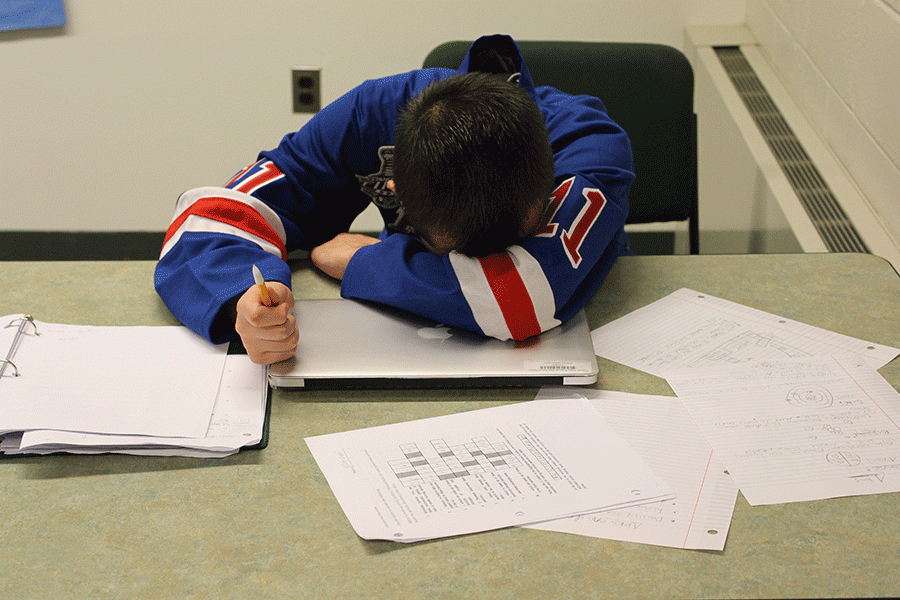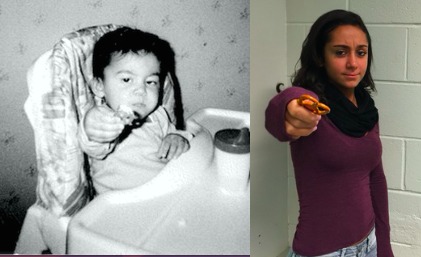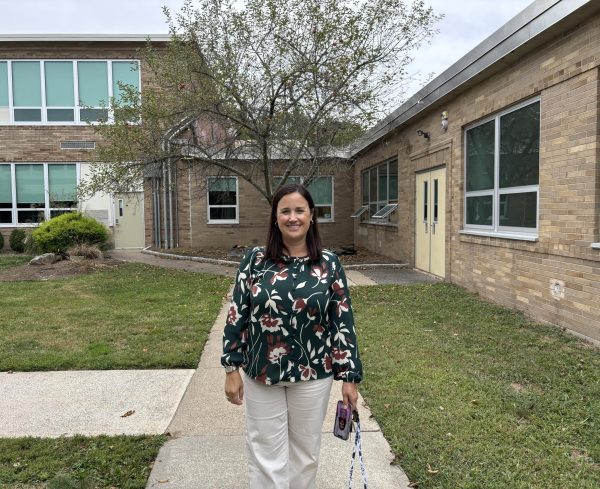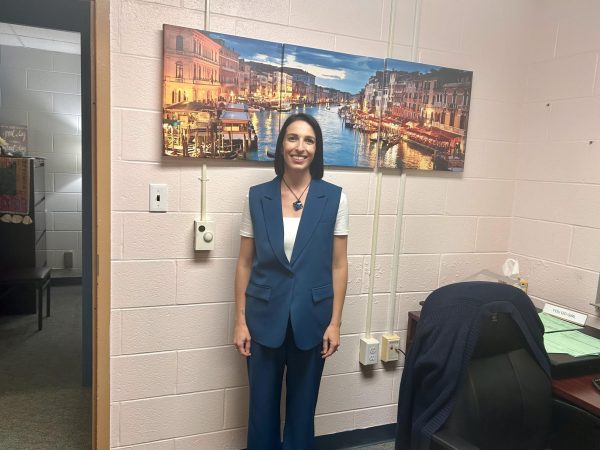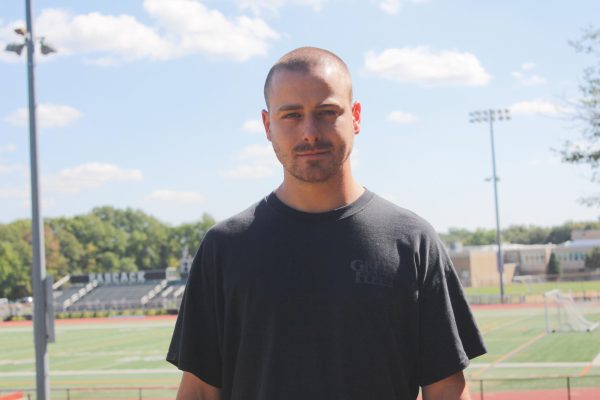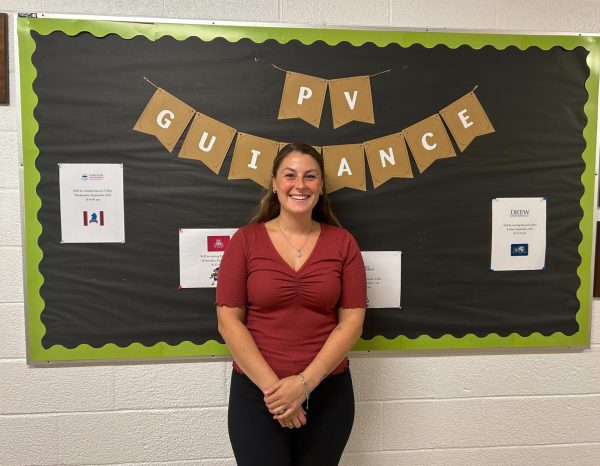Lack of sleep hinders students’ performance
Studies show that sleep deprivation has an adverse effect on academic performance.
Every morning, you throw yourself out of bed with all of the strength you can in order to get to school on time.
You run to the bathroom to brush your teeth, and catch an ugly pimple while looking at yourself in the mirror.
You groan like any other teenager would and try to cover it up with makeup.
Unfortunately, it does no good, so you force yourself downstairs to eat a bowl of cereal. Your mom starts telling you all of the chores you have to do when you come home from school, but since you are already in a bad mood, you begin to yell back at her.
What if the reason behind your moodiness and troubled behavior was that you were not getting enough sleep?
Dr. Fredrick Danner, a psychology professor at the University of Kentucky, explains that students sleep for about 6.5 hours a night and only 5 percent of high school seniors average eight hours.
Many teenagers blame their lack of sleep on school. The majority of high school students play at least one sport throughout the year. According to National Federation of State High School Associations (NFHS) news, in 2014 the number of participants in high school sports increased to 7.8 million. With that in mind, those players do not only attend games, but practices, as well, which usually occur almost every day. Other students challenge themselves by participating in both a sport and a club.
Pascack Valley sophomore, Devin Martinez, said that she is only able to get “six to seven hours of sleep.” She continued, “I partake in varsity volleyball, which means I have to attend a lot of practices and games. There is almost no room for sleep since I have to come home and study for tests and finish homework.”
Now imagine coming to school five days a week, having after-school practice some days and club meetings other days, and it is still not over. You still have to go home, eat dinner, finish all your homework and study for tests. And didn’t your mom ask you to do chores after school? With all of this to do, you almost forget that you have school the next morning.
It’s one o’clock in the morning and you have to wake up at six. Suddenly, the only feeling that comes across your body is stress, which is why you woke up with a pimple the previous morning.
PV sophomore Lauren Martinez said, “I’m in all honors classes, which affects my sleep schedule. I think I would be getting ready for bed earlier than I am now if I wasn’t in any honors classes. I usually get only 7 hours of sleep because of the amount of homework and tests I have.”
PBS.org’s online video, “Distracted by Everything,” states that the reason why society wastes so much time is mainly because of technology, which affects sleep. Twenty-year-old Alisa from MIT tells PBS, “I am always on my phone, iming, texting, and taking care of other things while doing something else.”
Multitasking is one of the main problems in society because we think that we can do two or more things at once, but in reality, it kills our performance.
A professor from MIT tells PBS, “I always ask obvious questions to the class, and 75 percent of the students can’t answer them. I don’t think they’re dumb. I feel they’re not trying as hard as they could because they are always distracted by something else.”
Pascack Valley’s psychology teacher, Mr. Ryan Walter, feeds off of this topic and explained, “The way students do their work is inefficient. Students at PV don’t know how to be kind to themselves. They do not get enough sleep or exercise and never know when to say ‘no.’’
So many distractions cause even simple tasks to take much longer to complete than they usually would, which in turn can lead to students staying up later in the night to finish their work.
“Every once in awhile, I receive an email around 3:30 in the morning about schoolwork, and I’m wondering why that student is still awake,” Walter said.
Some students think that getting four to six hours of sleep is sufficient because they are able to function normally the next day. In reality, one can complete tasks better with a full night of sleep.
The book, Nutureshock, by Ashley Merryman, explains the effects of lack of sleep. It states that “60 percent of high schoolers report extreme daytime sleepiness. A quarter admit their grades have dropped because of lack of sleep. Depending on what study you look at, anywhere from 20 percent to 33 percent are falling asleep in class at least once a week.”
This may seem like a small problem, but it can impact someone’s life in more ways than one may think. Lack of sleep can limit a student’s ability to learn, listen, concentrate and solve problems. Physical symptoms, such as throbbing or twitching in the eye are also signs of not getting enough sleep, which is also one of the main causes of depression.
The National Sleep Foundation, or NSF, advises teenagers to take a nap no later than five o’clock in the afternoon to help with tiredness. Also, it is encouraged to avoid using any technology an hour before bed because looking at bright lights (for example, a phone) delays the release of melatonin, which tricks the brain into thinking it is daytime, making a person think they must stay awake. Phones are known to be a huge distraction to sleep; answering texts in the middle of the night interrupts the human sleep cycle.
Sticking to quiet and calm activities can help you fall asleep more easily, as well. NSF states that coming home early on the weekends and returning to bed as early as possible can help a a lot. A regular sleep schedule will make people feel less tired, since it allows the body to get in sync with its natural patterns. Make sure to not eat before going to sleep and complete all activities, such as homework a few hours before bed. In other words, don’t leave it for the last minute.
Sleep is not a waste of time. The value of sleep is forgotten to be one of the most key components of our health. Walter added, “It’s sad to me to see people who should have a smile on their face, but they don’t because of lack of sleep.”


